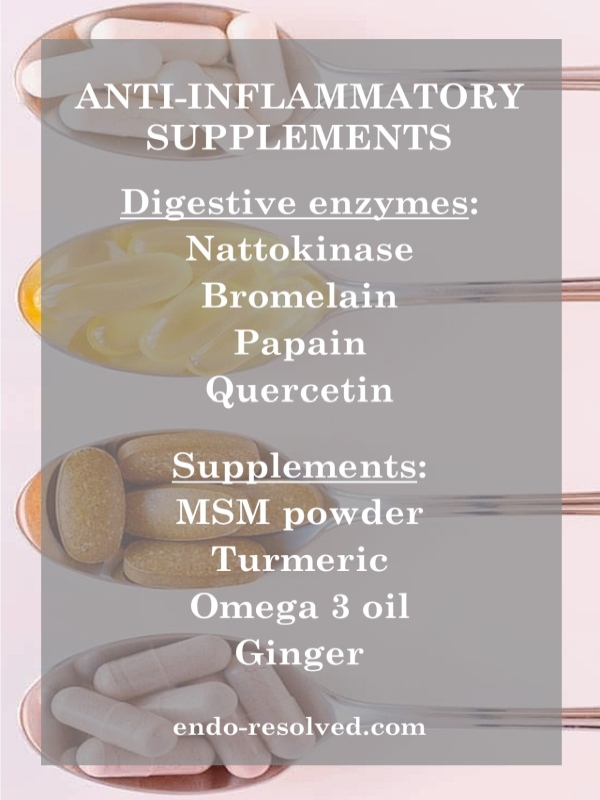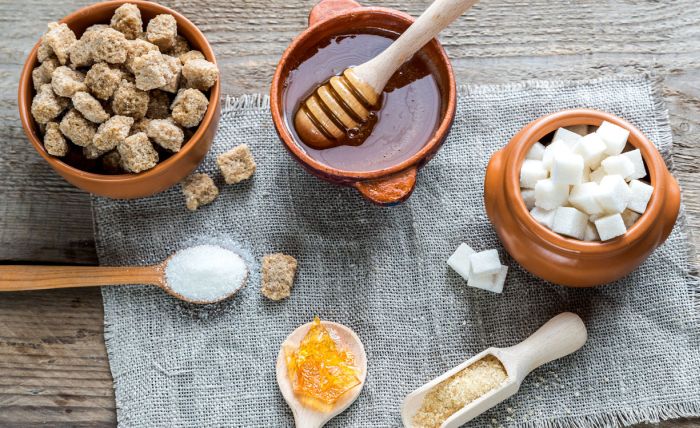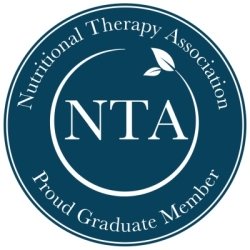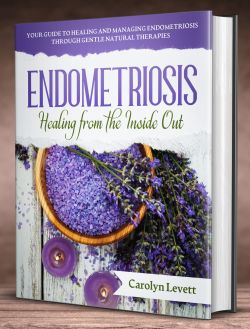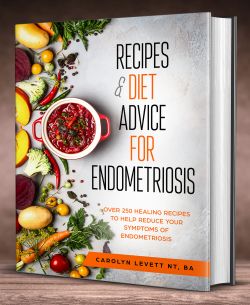Anti-Inflammatory supplements to help reduce the inflammation of endometriosis
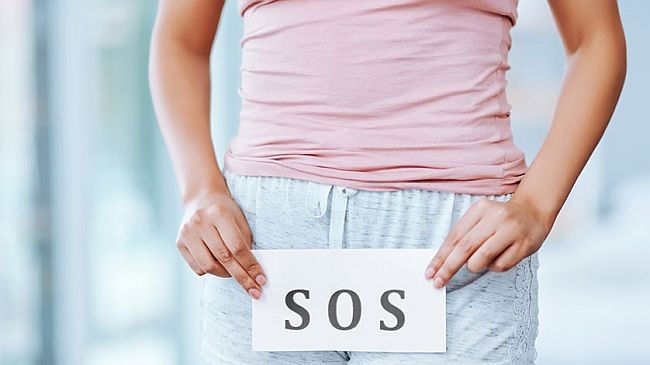
Adding certain anti-inflammatory supplements to your diet may help with the various inflammatory reactions and symptoms that occur with endometriosis. Inflammation can occur due to damaged tissue caused by cysts and adhesions. This inflammatory reaction is a natural process of the body, trying to protect itself from further damage.
Anti-inflammatory supplements will also help with any inflammatory reaction that has occurred in the digestive system. This can be caused by IBS, Candida, bowel prep medication, and also if endometriosis has involved the bowel or digestive system.
Digestive Enzymes
Several digestive enzymes can be quite useful in relieving the pain associated with endometriosis. They can also help to reduce scarring and inflammation of the implants that occur with this disease.
These enzymes include: bromelain, a digestive enzyme extracted from the stem of the pineapple (500 to 1000 mg. four times a day taken apart from meals); papain, an enzyme derived from papaya (200 to 300 mg. four times a day apart from meals)
Other useful anti-inflammatories include quercitin, a potent antioxidant (300 to 600 mg. per day), and MSM (250 to 750 mg. per day – available in powder form as well as tablet).
There are various reports from endometriosis sufferers saying they have found these digestive enzymes to be quite helpful with reducing their symptoms. There are several digestive enzyme products on the market and deciding which one to use can sometimes come down to cost, or availability of the product in your country.
Nattokinase
This substance is an enzyme derived from natto, a food made from fermented soybeans (fermented soy based products are safe to use with endometriosis) and primarily eaten in Japan. Natto is a traditional Japanese food with a long history of use.
The benefits of nattokinase for endometriosis are thought to be due to its ability to dissolve fibrin that forms the mesh structure in blood clots. It is also thought to break down the adhesions, or scar tissue, that are commonly associated with endometriosis and form from the inflammation and recurrent bleeding that is seen with the disease.
Nattokinase should be used with caution by women who are on anti clotting drugs like Coumadin since it can increase the risk of bleeding or haemorrhage. The same cautions apply to drugs that cause thinning of the blood like aspirin and ibuprofen.
Turmeric (curcumin)
Turmeric has been used for thousands of years in Indian cooking and in India’s traditional Ayurvedic medicine. The turmeric plant, grown from India to Indonesia, is related to ginger and has pulpy, orange, tuberous roots that grow to about two feet in length. It is an indispensable part of the mixture of spices known as curry powder.
The medicinally active compound in turmeric is curcumin, the rich orange-yellow pigment that gives turmeric its characteristic orange-yellow colour. For thousands of years, curcumin has been used in both Chinese and Indian systems of medicine as an anti-inflammatory agent and for the treatment of numerous health conditions.
Modern research corroborates its use as an
anti-inflammatory. Studies have noted that an added benefit of curcumin is that
it does not normally cause side effects, providing a safe alternative to these
powerful anti-inflammatory drugs, which can cause gastric irritation and even
peptic ulcers in susceptible people.
Curcumin also appears to have benefits in reducing the inflammation of endometriosis, both through use in the clinical treatment of endometriosis as well as in animal studies. One study reported in the Indian Journal of Biochemistry and Biophysics found that curcumin had strong anti-endometriosis benefits in an animal model.
Suggested Dosage:
The recommended dosage for curcumin as an anti-inflammatory agent is 400 to 600 mg three times a day. It is often formulated with an equal amount of bromelain to enhance absorption. This combination is best taken on an empty stomach, twenty minutes before meals or between meals. Toxicity reactions have not been reported at standard dosage levels.
Omega 3 oils
These are key oils to help with endometriosis......
Omega 3 oils help to produce the anti-inflammatory prostaglandins, which in turn will help to reduce the symptoms of pain and inflammation with endometriosis.
Omega 3 can help with mood, anxiety and depression due to its effect on calming inflammation in the brain as well as in the body. An additional benefit of supplementing omega 3 to fight brain inflammation, includes improved memory and cognitive function.
Omega 3 also helps reduce cortisol levels, which is obviously a benefit for those of you with high cortisol levels. Taking omega 3 in the evenings can help to reduce your cortisol levels and in turn can aid in sleep, as high cortisol can stop you from sleeping.
As well as taking an omega 3 oil supplement you can also obtain omega 3 from oily fish such as salmon, mackerel and tuna. Good vegan sources of omega 3 can be found in chia seeds and hemps seeds.
Ginger
Ginger has excellent soothing and inflammatory benefits on the digestive system as well helping reduce inflammation generally. You can buy ginger in a supplement form or buy fresh root ginger and shred it to make your own fresh ginger tea – very helpful and soothing for nausea and digestive upset.

About the Author
My name is Carolyn Levett, the Founder of endo-resolved - I am an Integrative Health Coach having studied nutrition, naturopathy, aromatherapy as well as being a published author. I used to suffer from severe endometriosis and was able to regained my health and heal from the disease with the support of nutrition and natural therapies.
My motivation is to help other women with endometriosis to heal their bodies so they may overcome this awful disease without having to rely on toxic drugs and surgeries which can cause further damage - with healing thoughts, Carolyn.
Reference:
https://www.ncbi.nlm.nih.gov/pubmed/6366808
https://www.ncbi.nlm.nih.gov/pubmed/2647603
https://www.ncbi.nlm.nih.gov/pmc/articles/PMC5790697/
 As featured in:
As featured in: